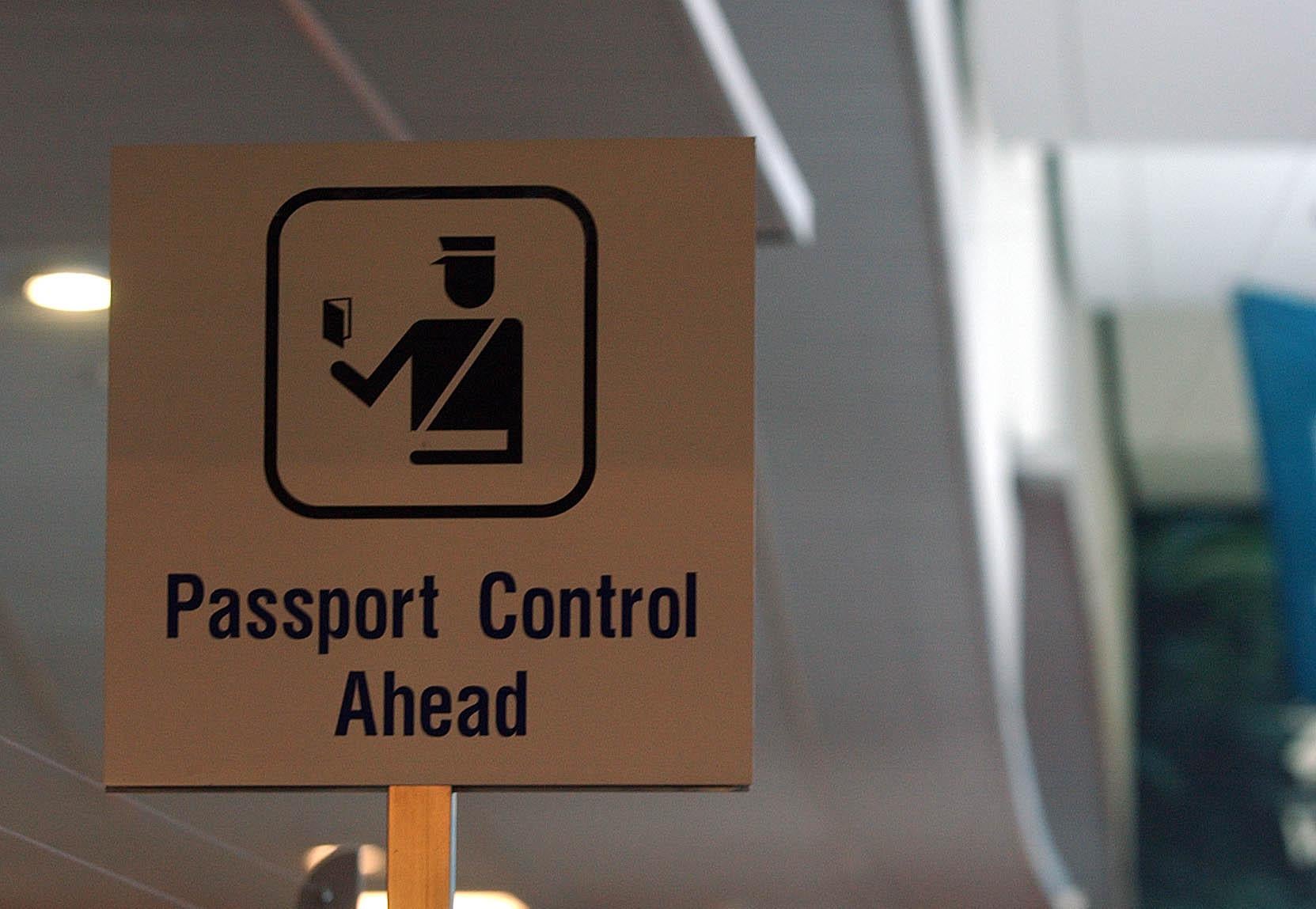Is New Zealand China’s next Canada? If you’re not from any of those three countries, that question, posed by the South China Morning Post, might not make a lot of sense. But it’s illustrative of one of the more interesting current trends in immigration.
New Zealand received its largest intake of immigrants in 10 years last year, helping to counteract another major trend: the outmigration of Kiwis to Australia. The growth has been driven in large part by a huge influx from China, the country’s largest source of new arrivals. Of the 6,200 new Chinese arrivals in the 12 months leading up to March, half were participants in a scheme that rewards foreign investors with residency:
New Zealand’s “Investor Plus” policy allows those who invest NZ$10 million [US$8.5 million] over a three-year period to gain residency. Applicants are not required to have English- language skills or business experience.
A less expensive option, the “Investor” category, allows residency for those who invest NZ$1.5 million over four years, but who must also speak English.
Demand for New Zealand’s program has picked up since February, when Canada cancelled its own immigrant investor program. Officials had criticized that program, which offered permanent residency in Canada in exchange for an interest-free US$725,000 loan to the government, for creating a massive backlog in the country’s immigration system, as well as attracting (predominantly Chinese) investors who often had little intention of remaining in Canada.
A few months ago, I wrote about Malta’s controversial program to sell citizenship to foreigners for about $865,000 with no investment necessary. Not surprisingly, that plan has come under fire from EU officials who worry it could provide a backdoor to EU citizenship for “swindlers, criminals or terrorists.” The domestic opposition in Malta has also been fighting the law, and in January it was tightened to require a one-year residency in the country.
The most famous beneficiary of New Zealand’s investor residency program is the eccentric German Megaupload founder Kim Dotcom, who had invested about $8 million in the country when he was granted residency in 2010. Arrested in 2012 and facing possible extradition to the United States, Dotcom might not be the best poster boy for the world’s new class of economic migrant.
